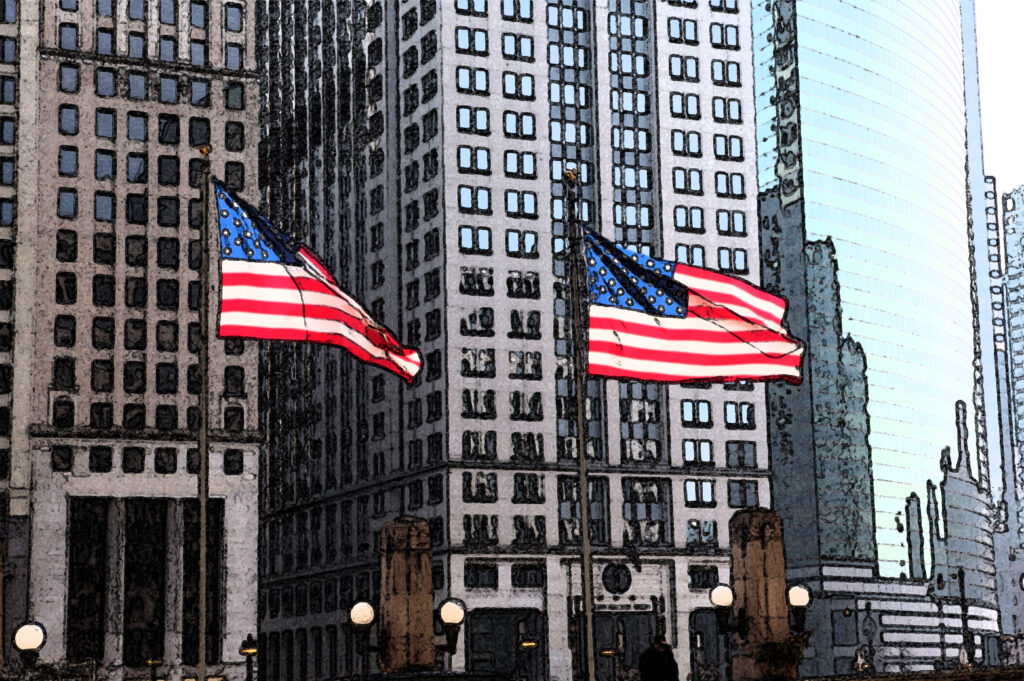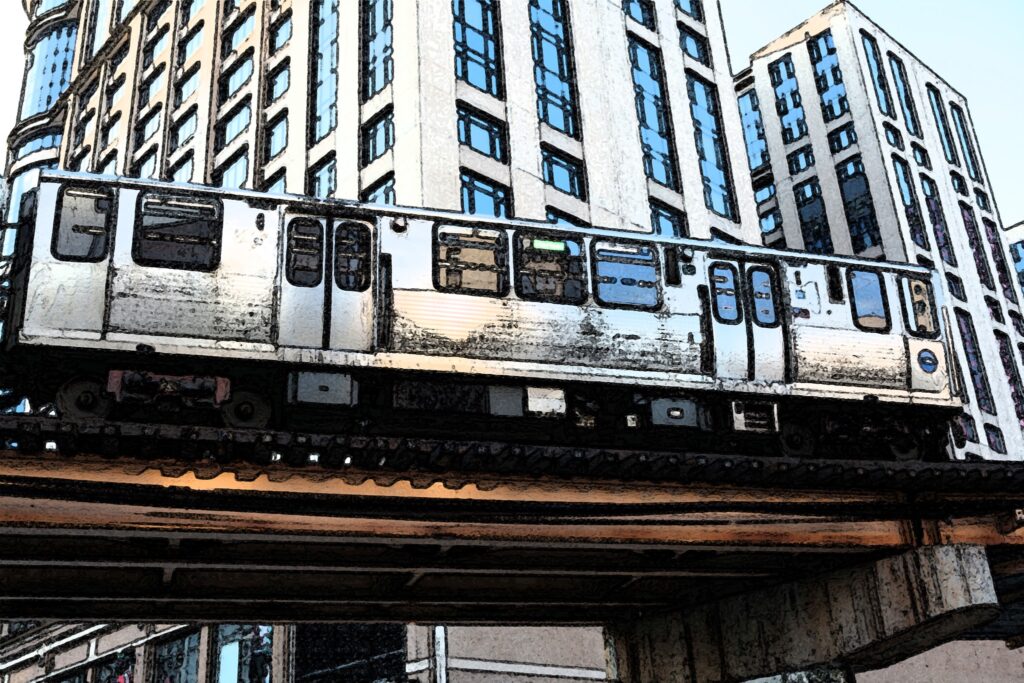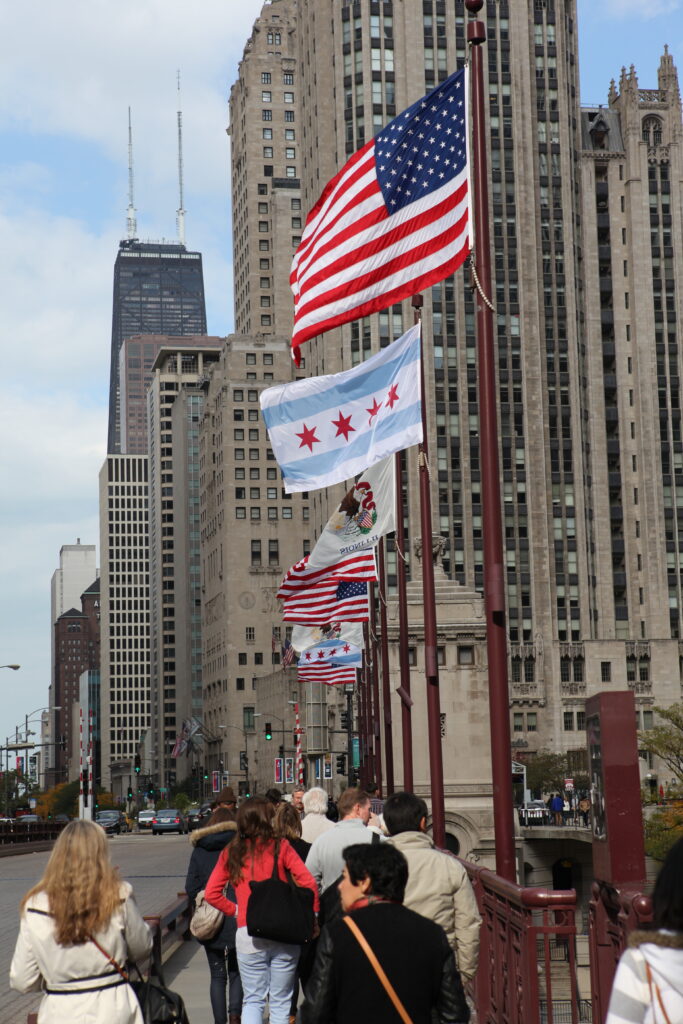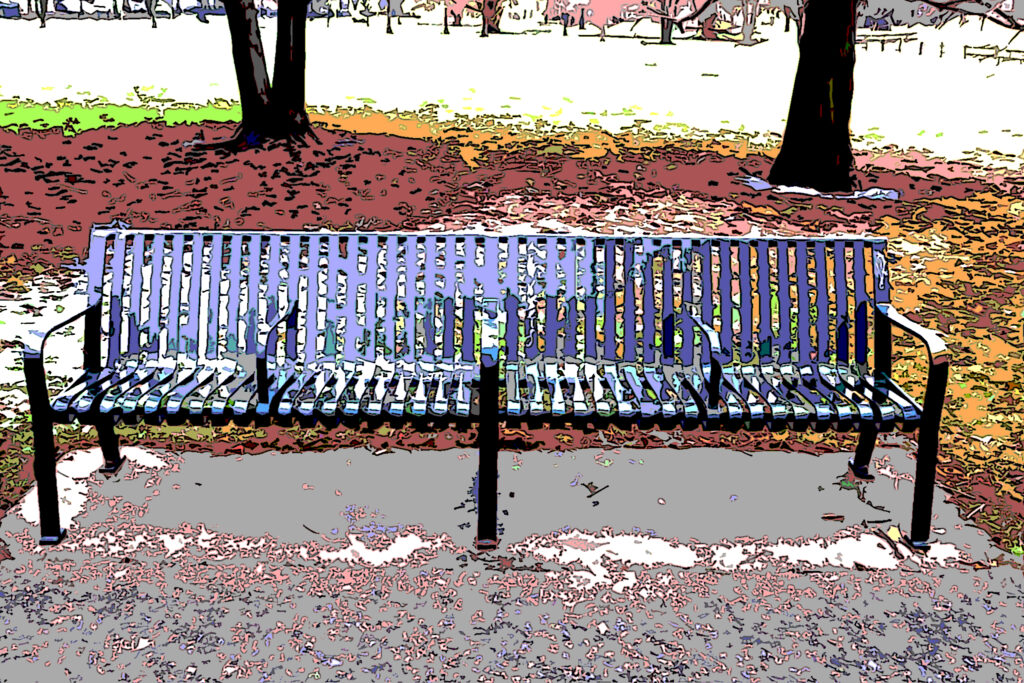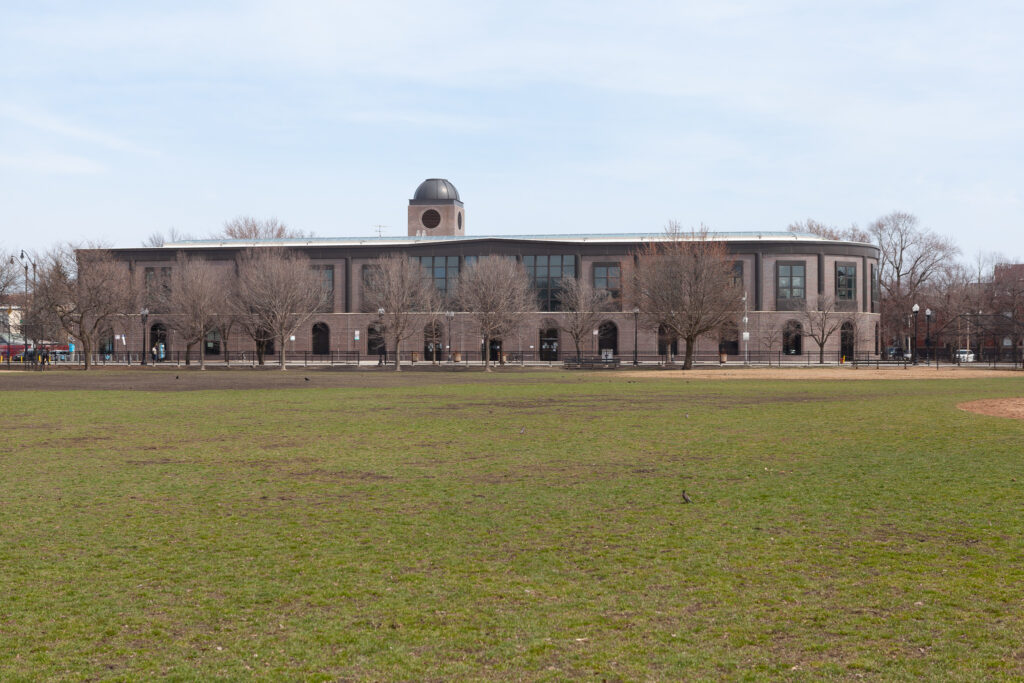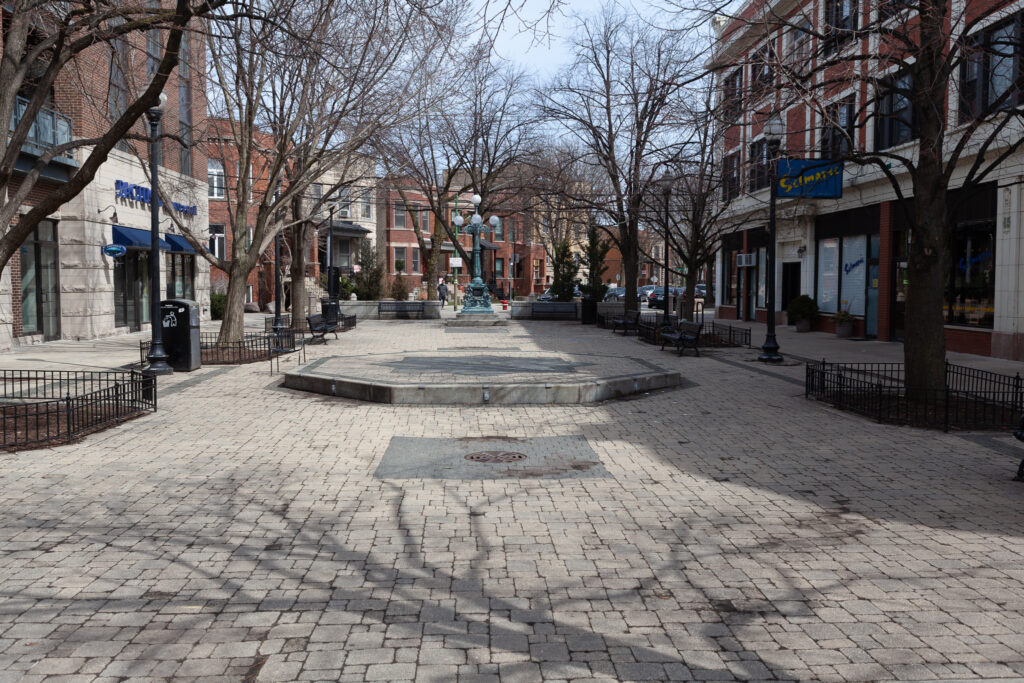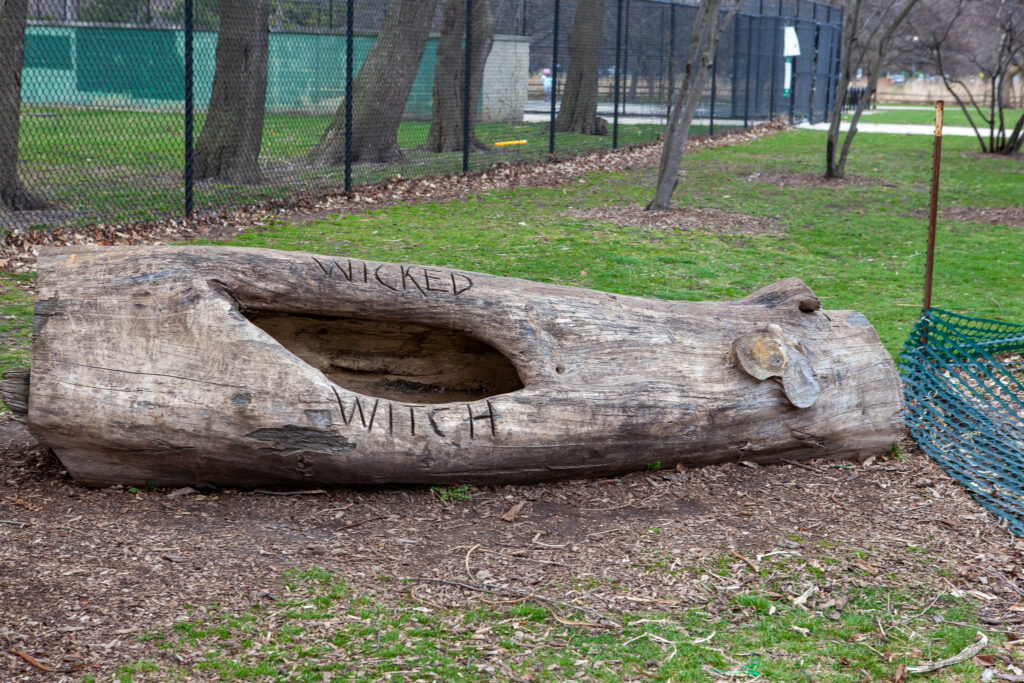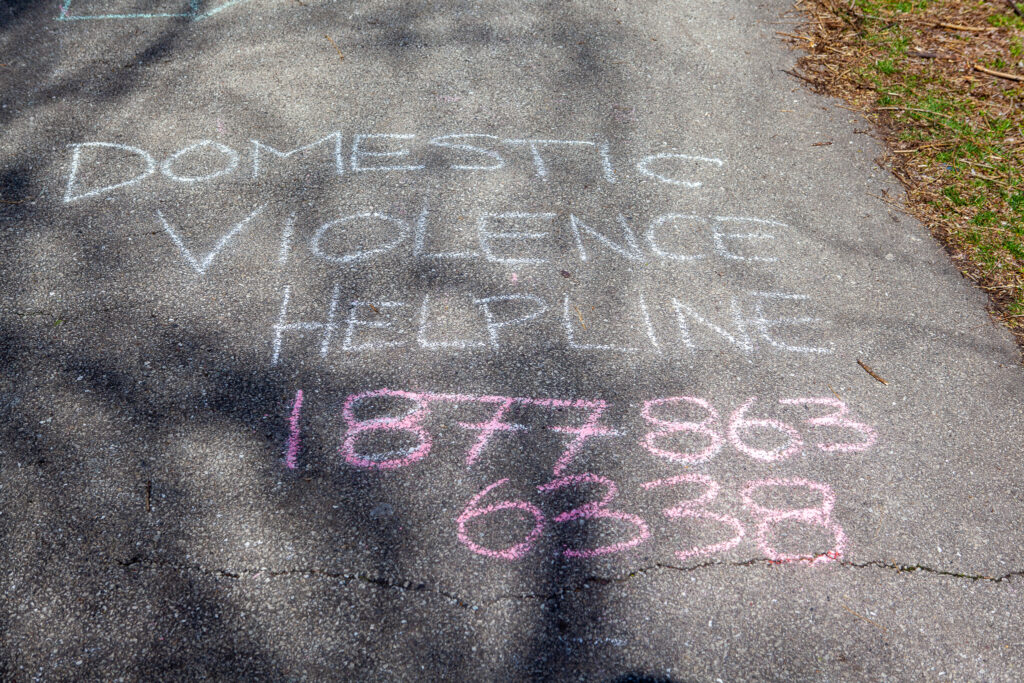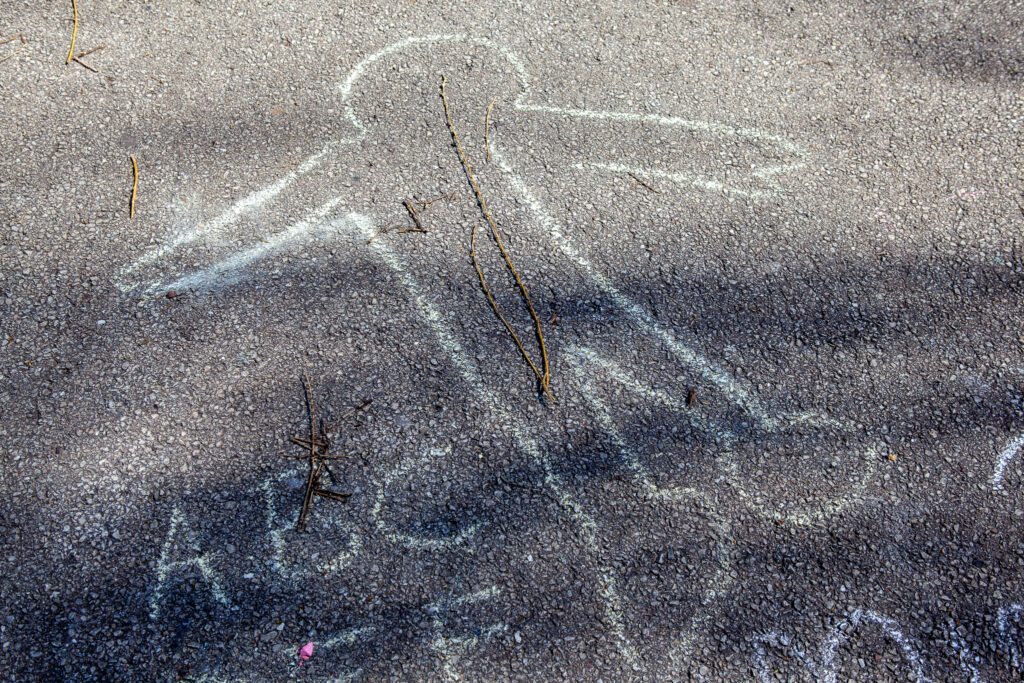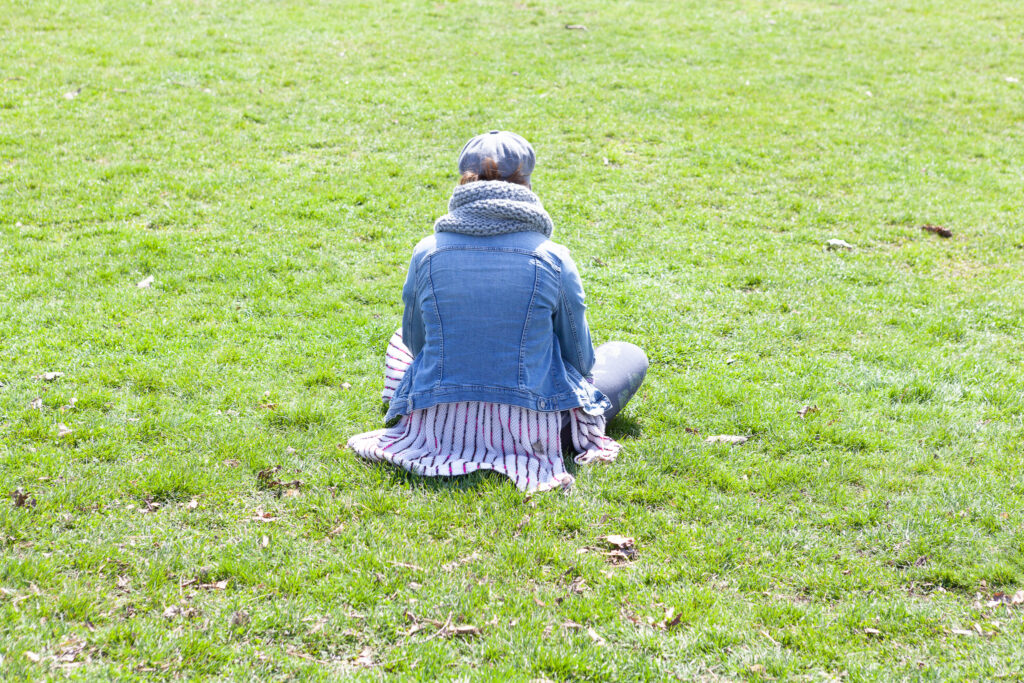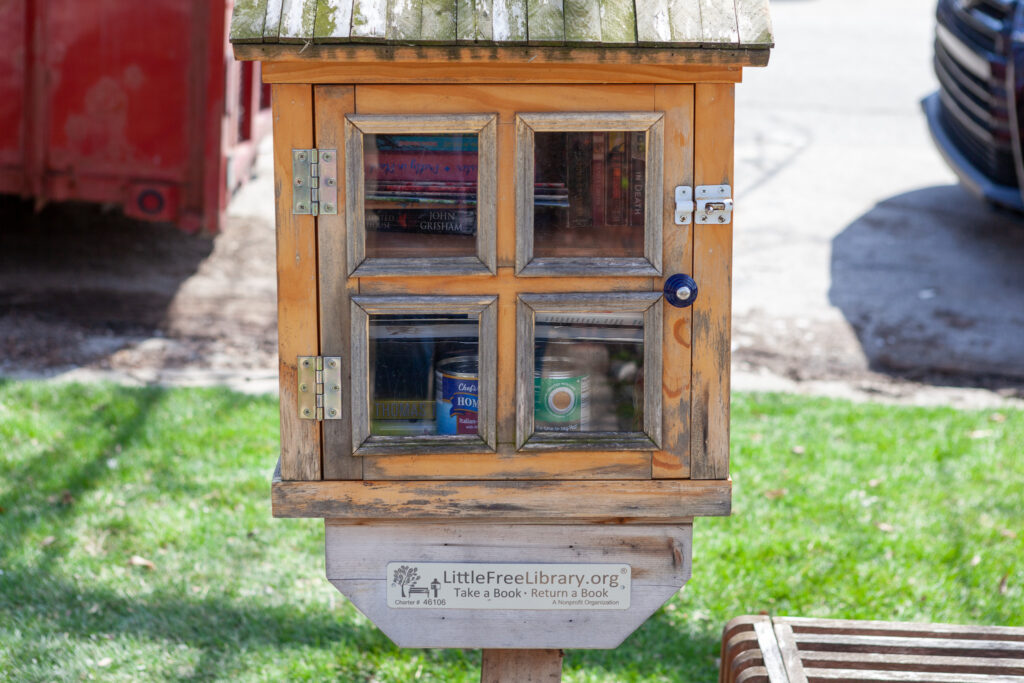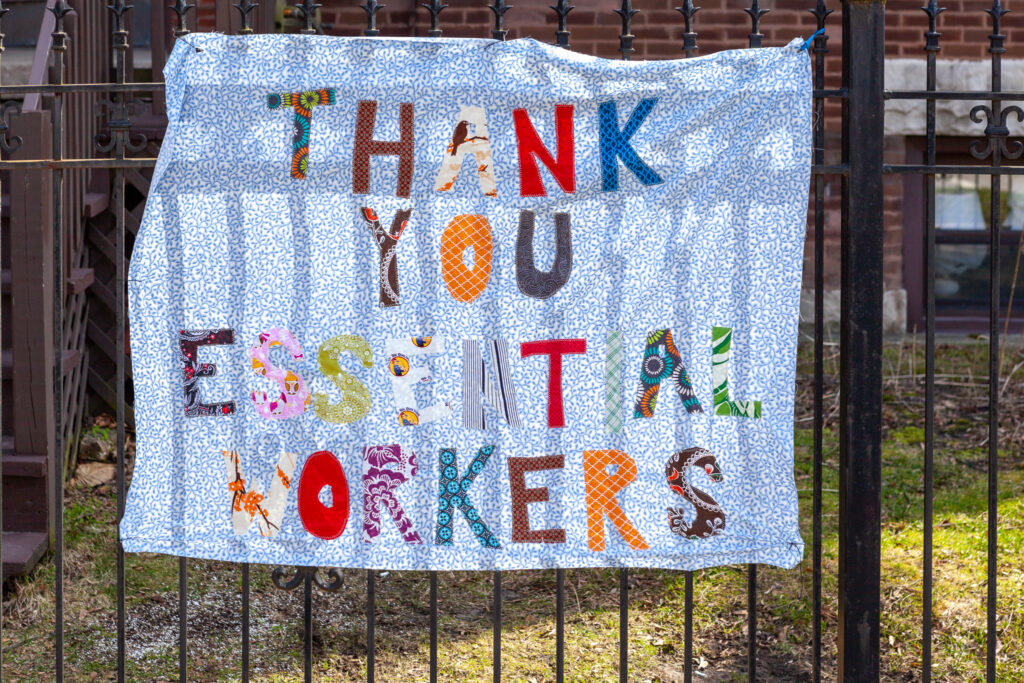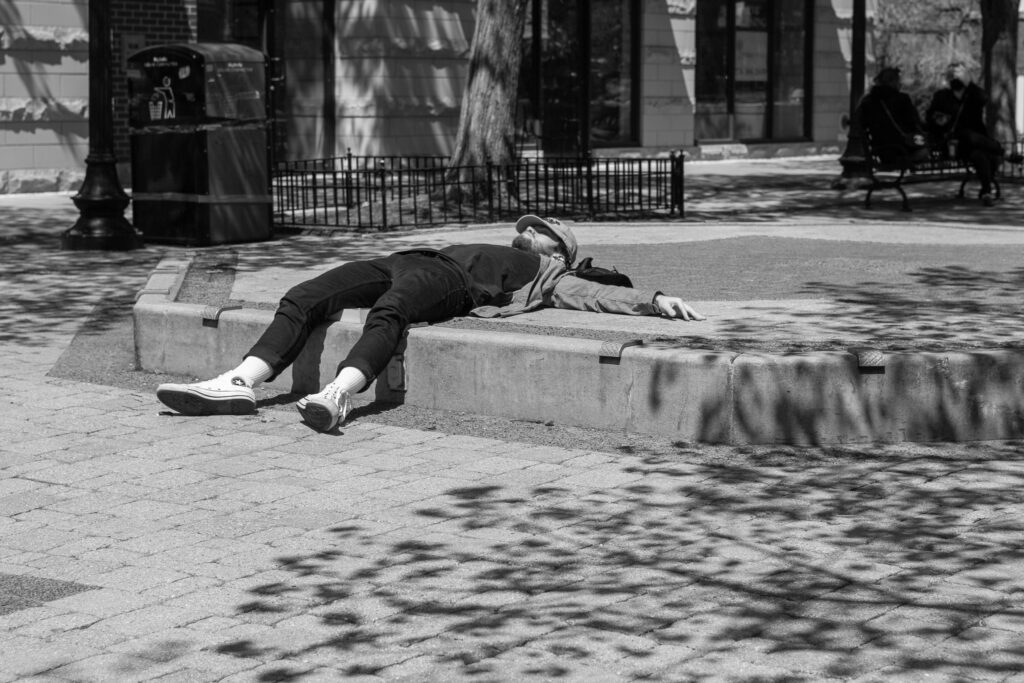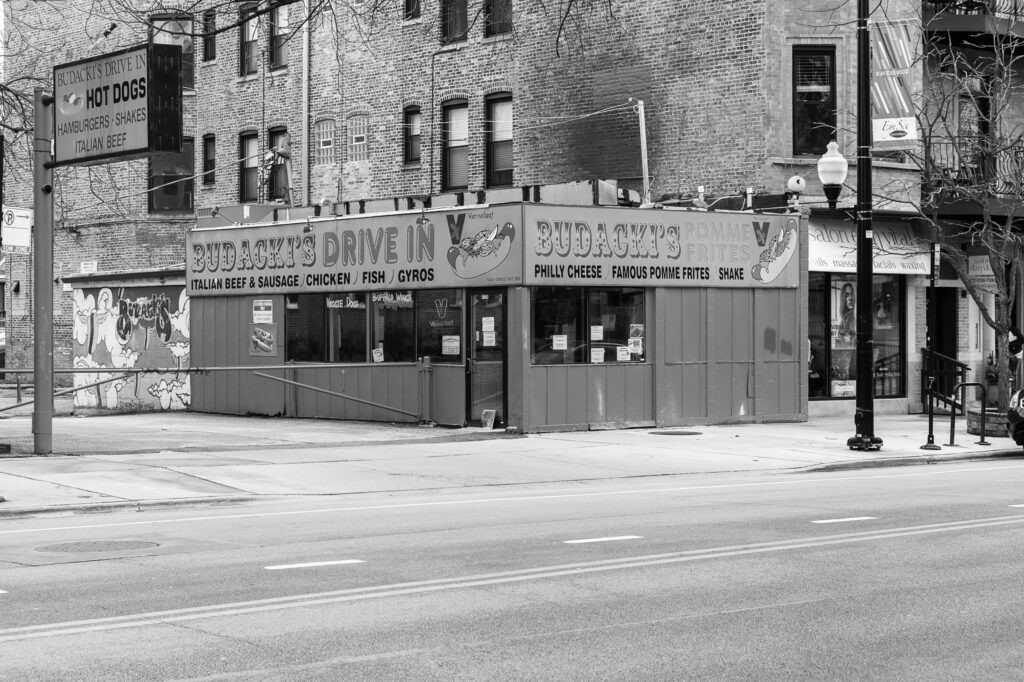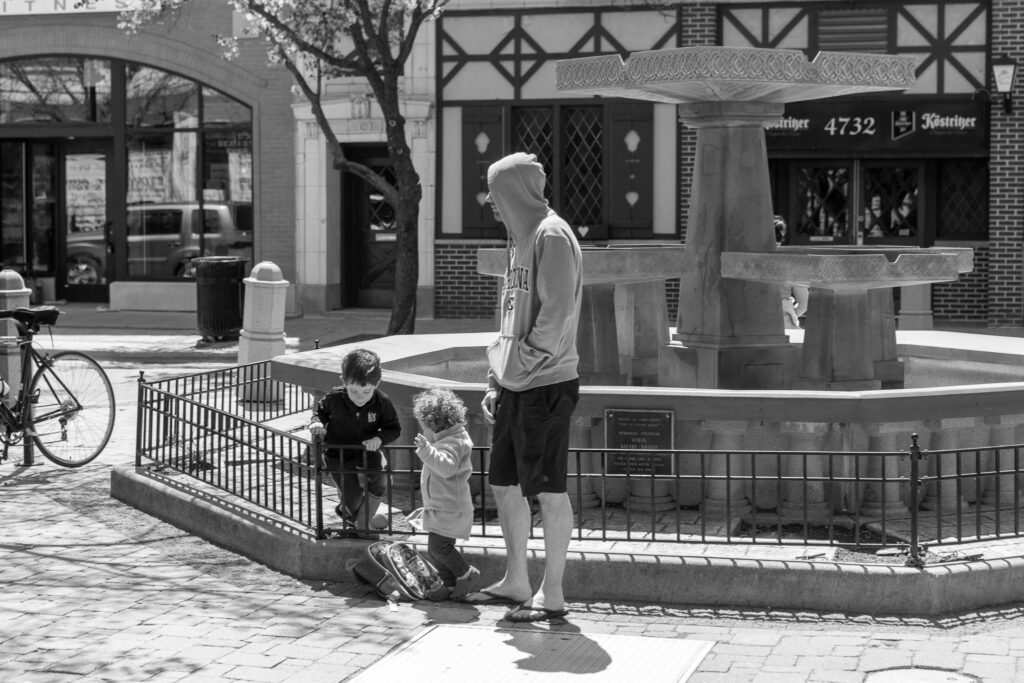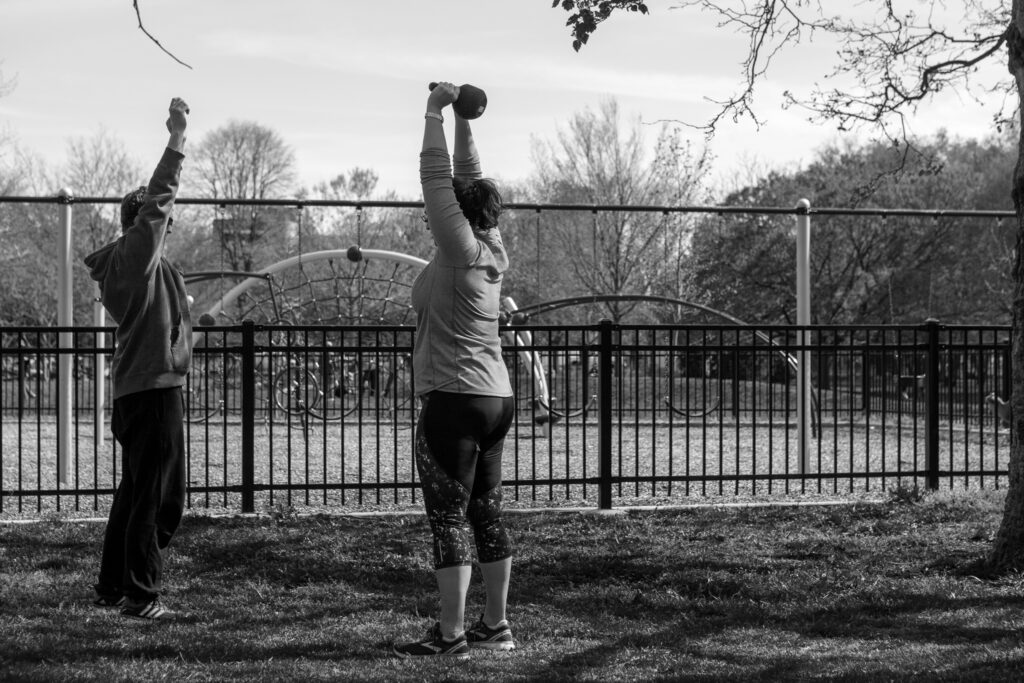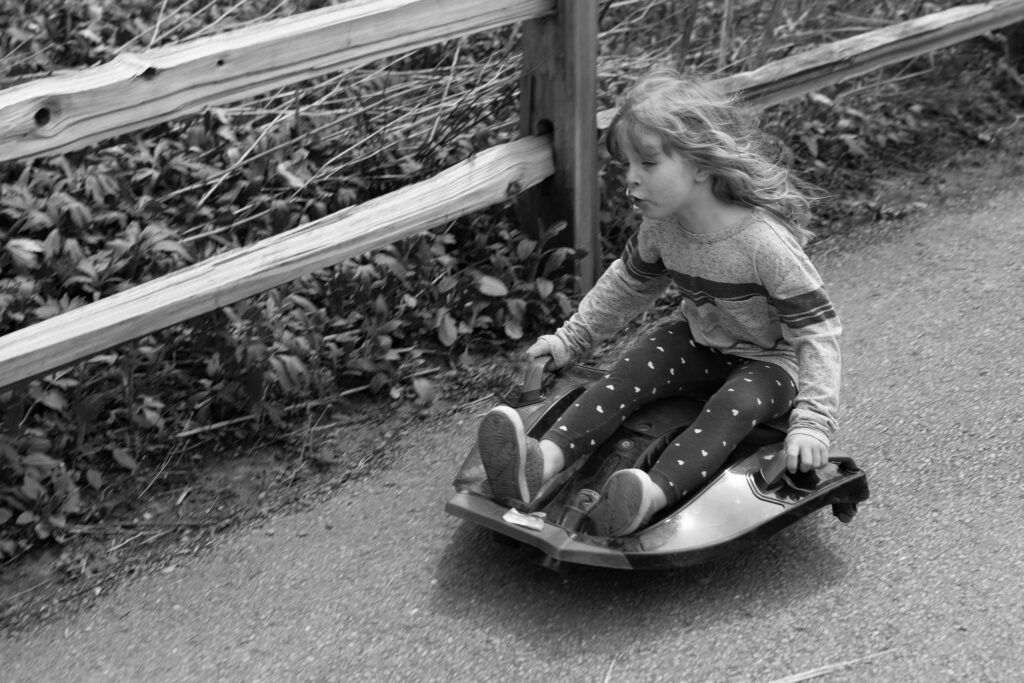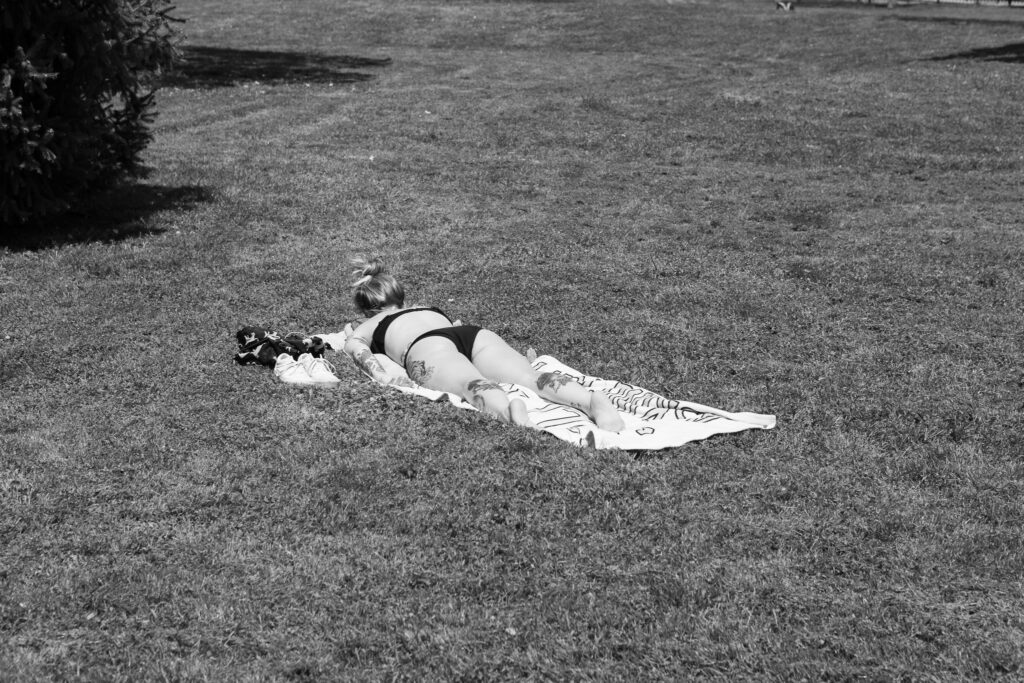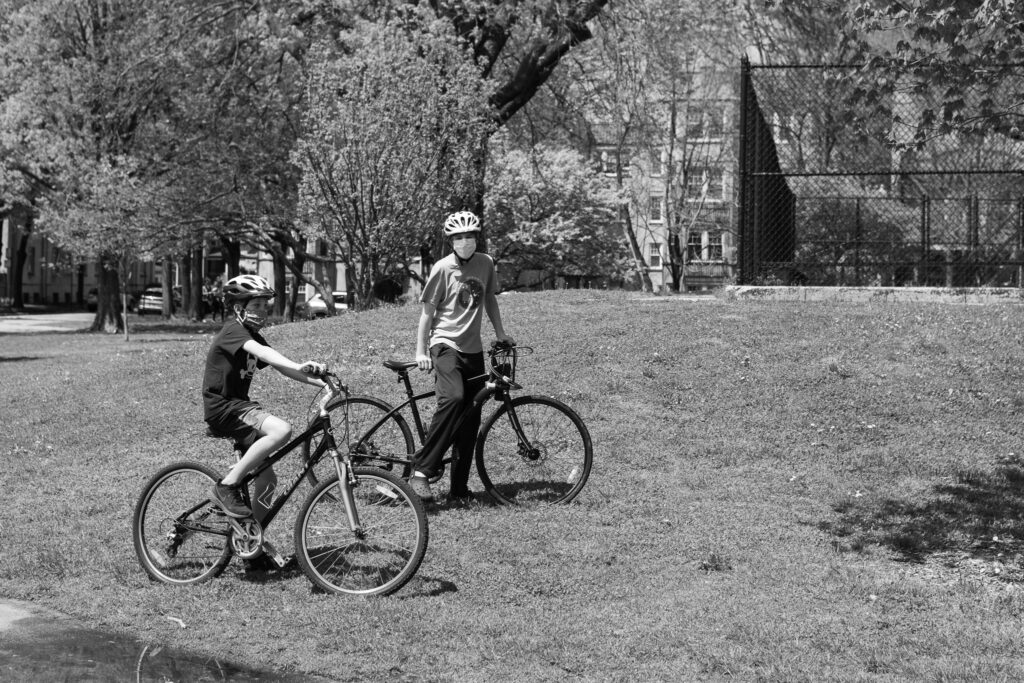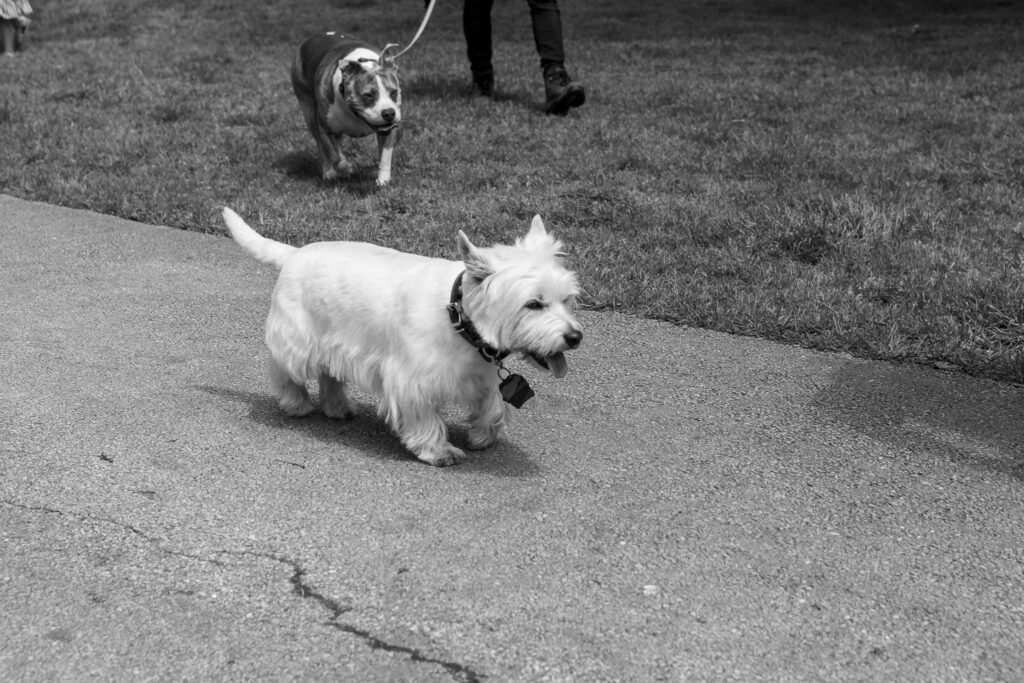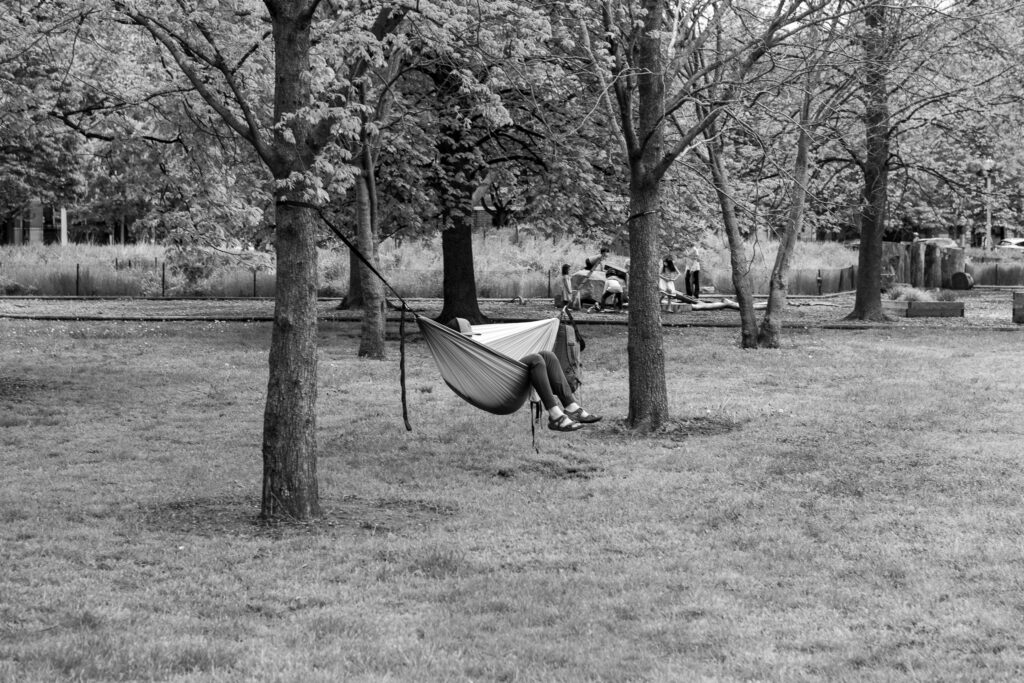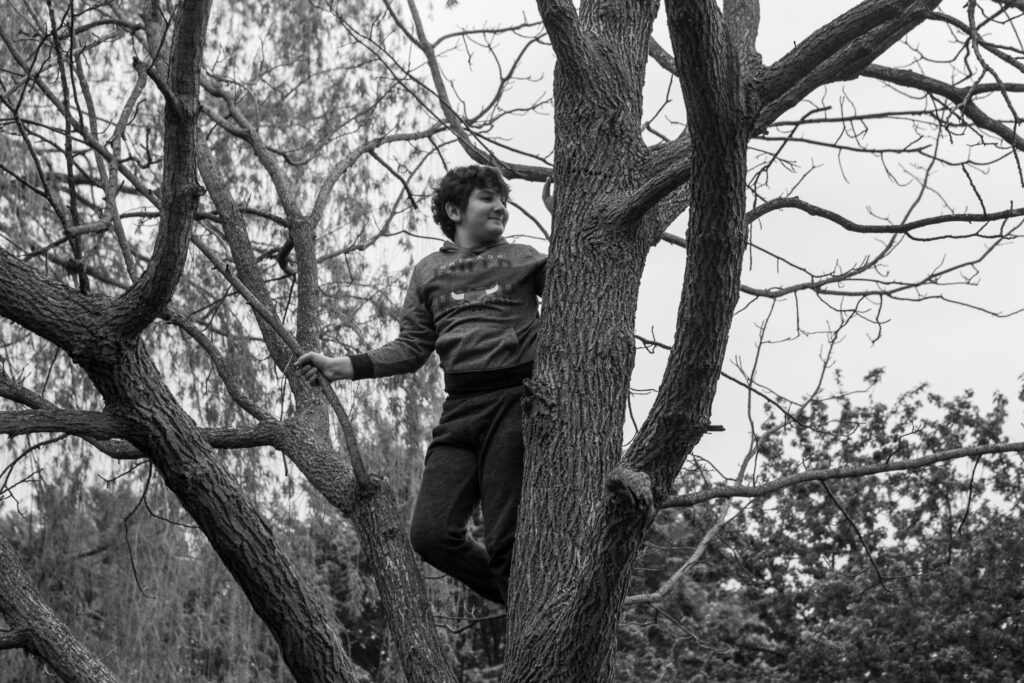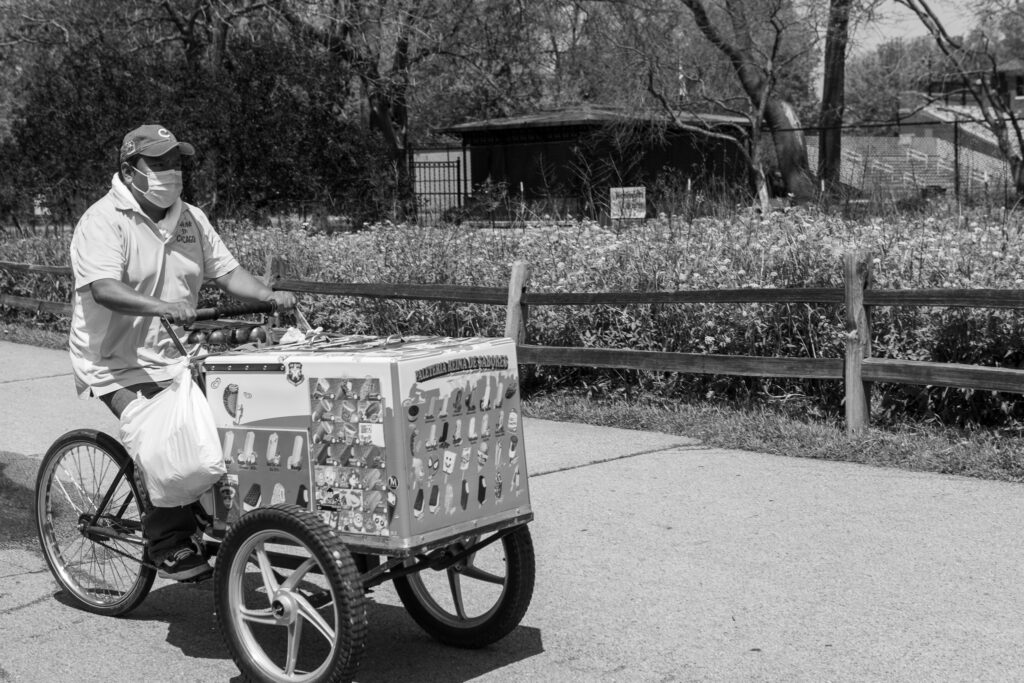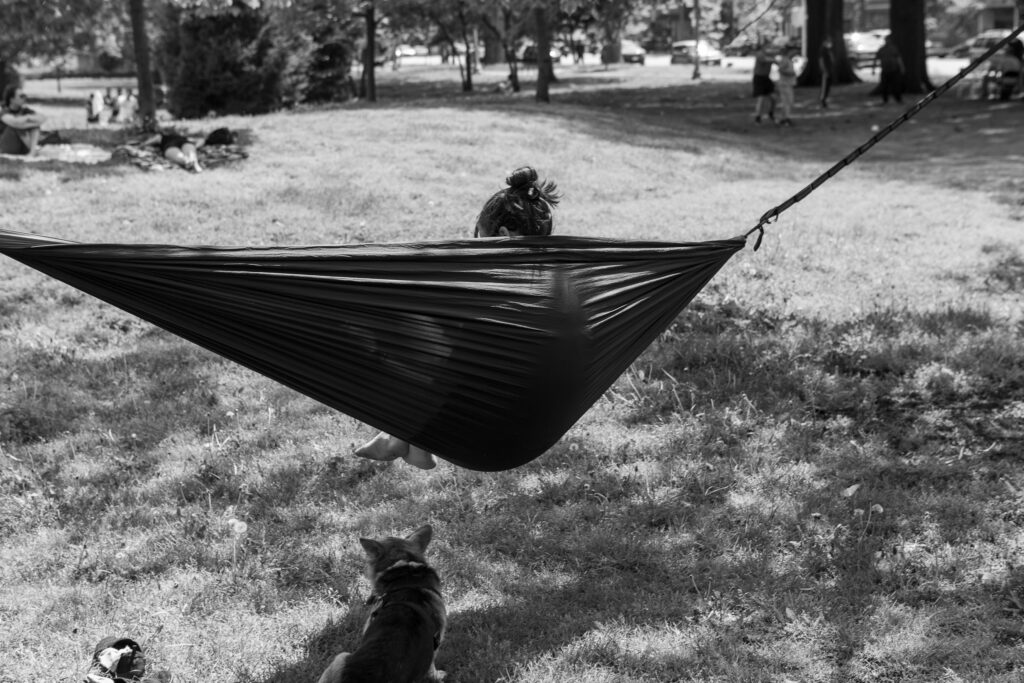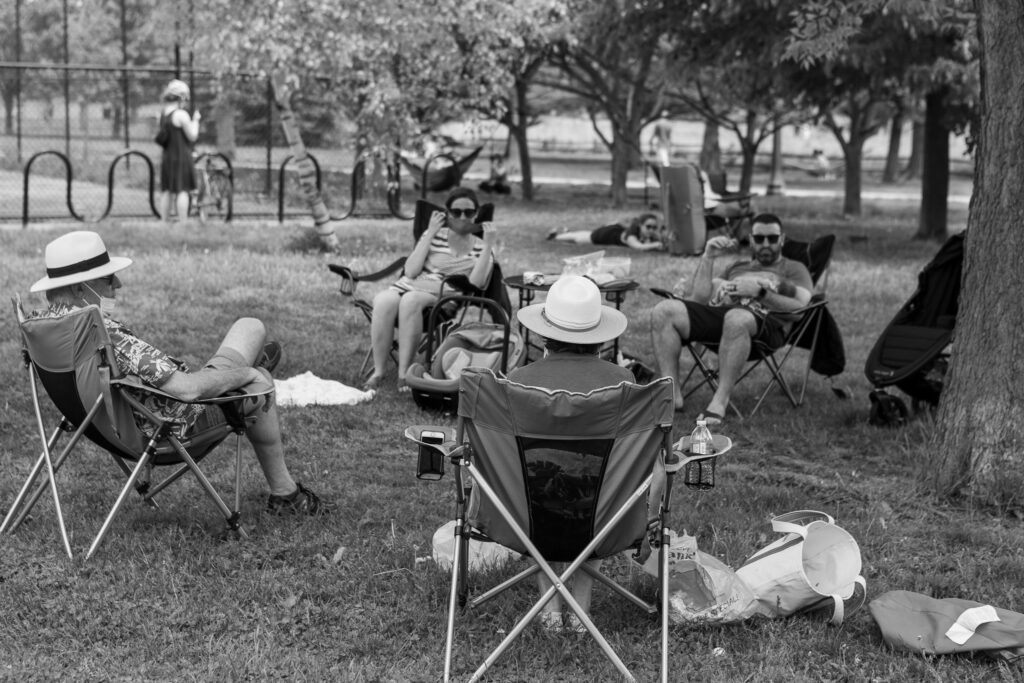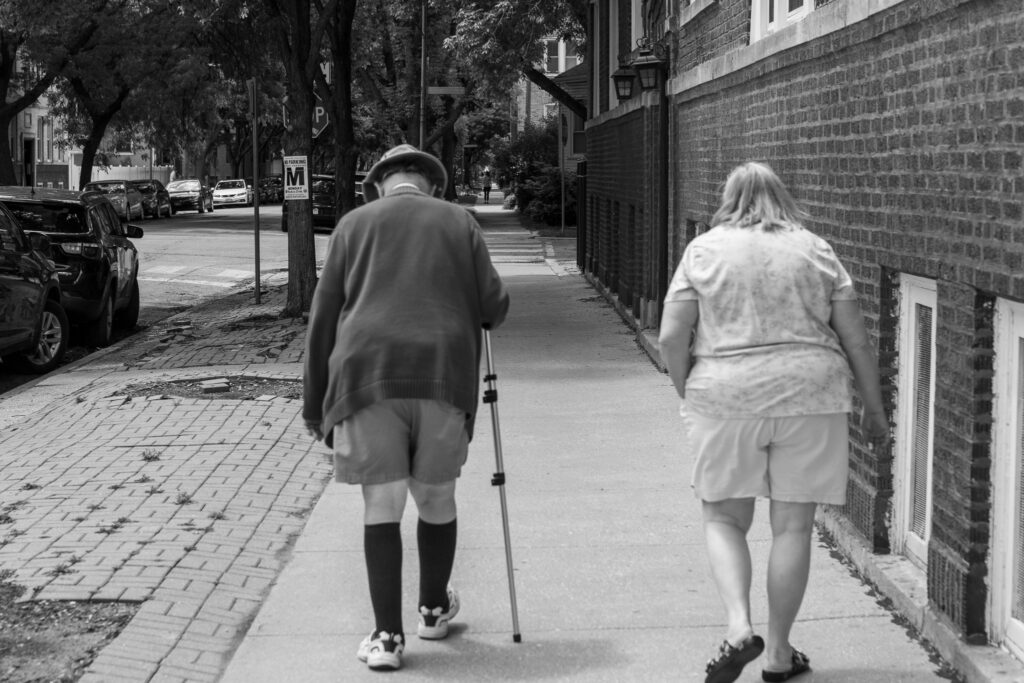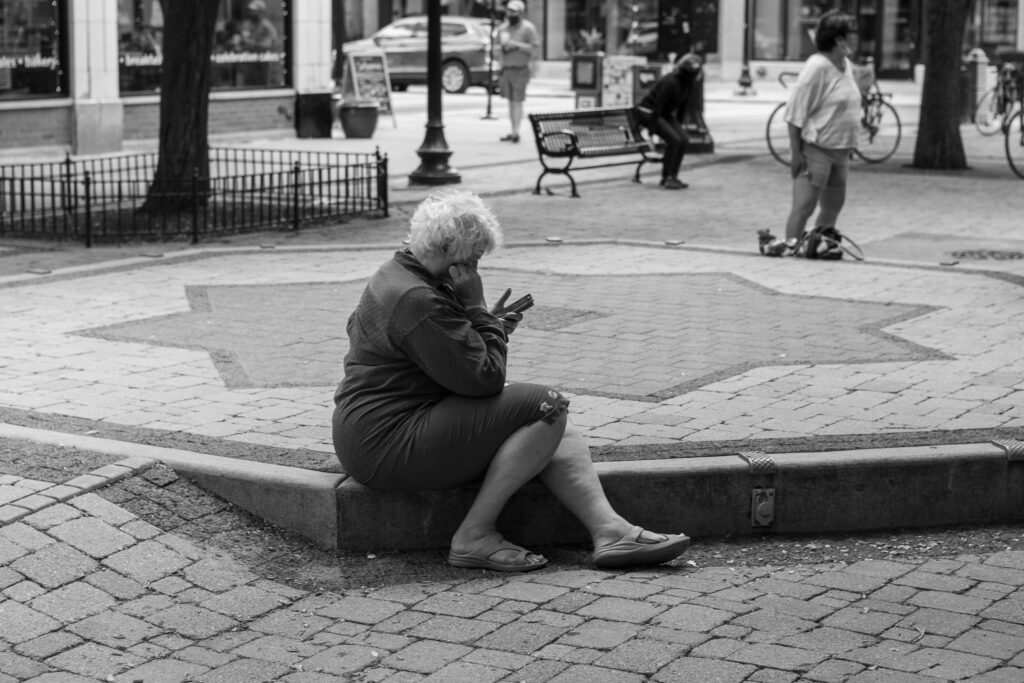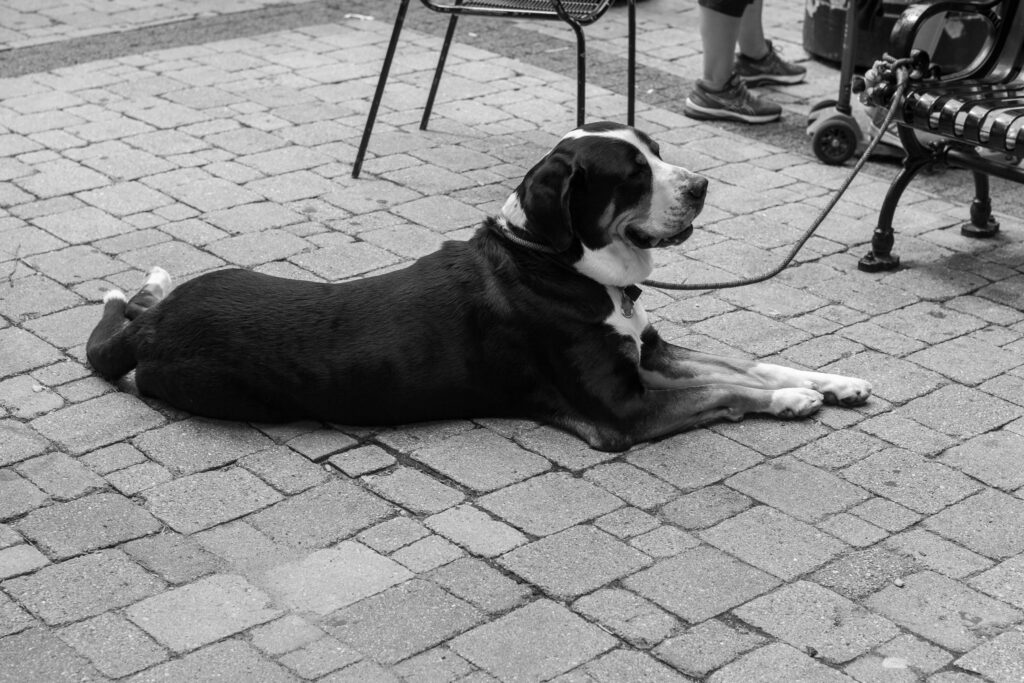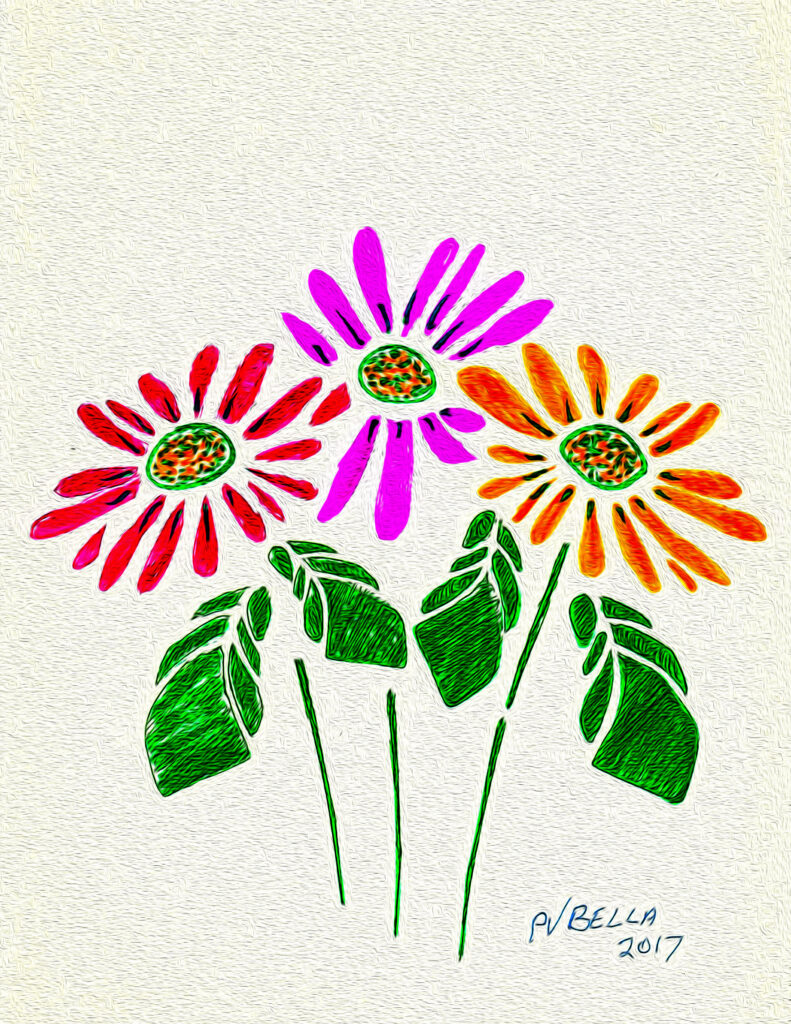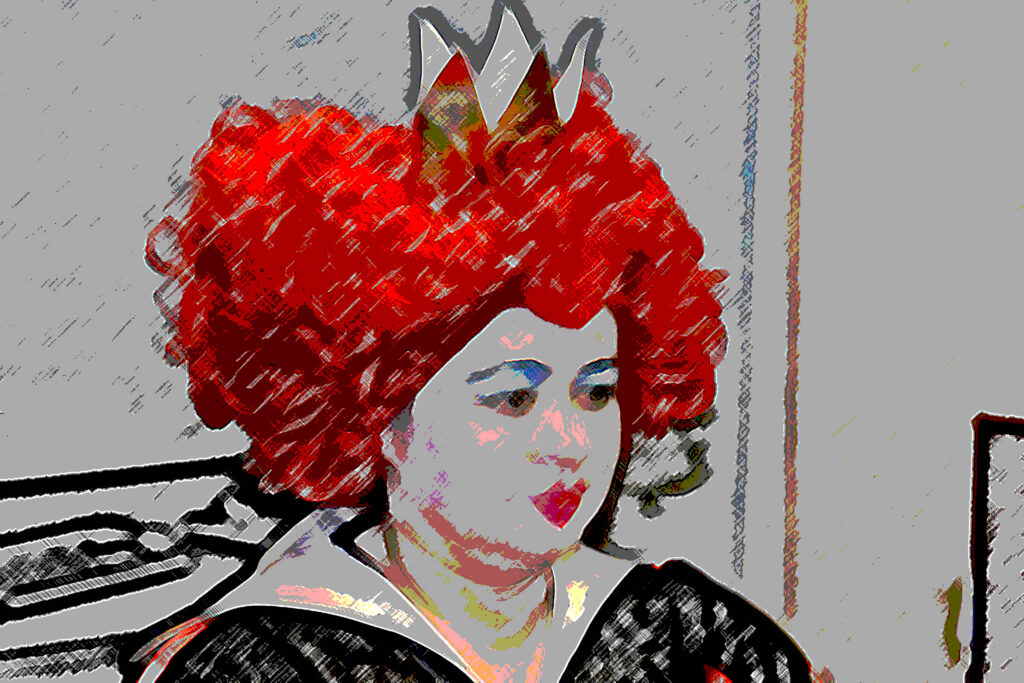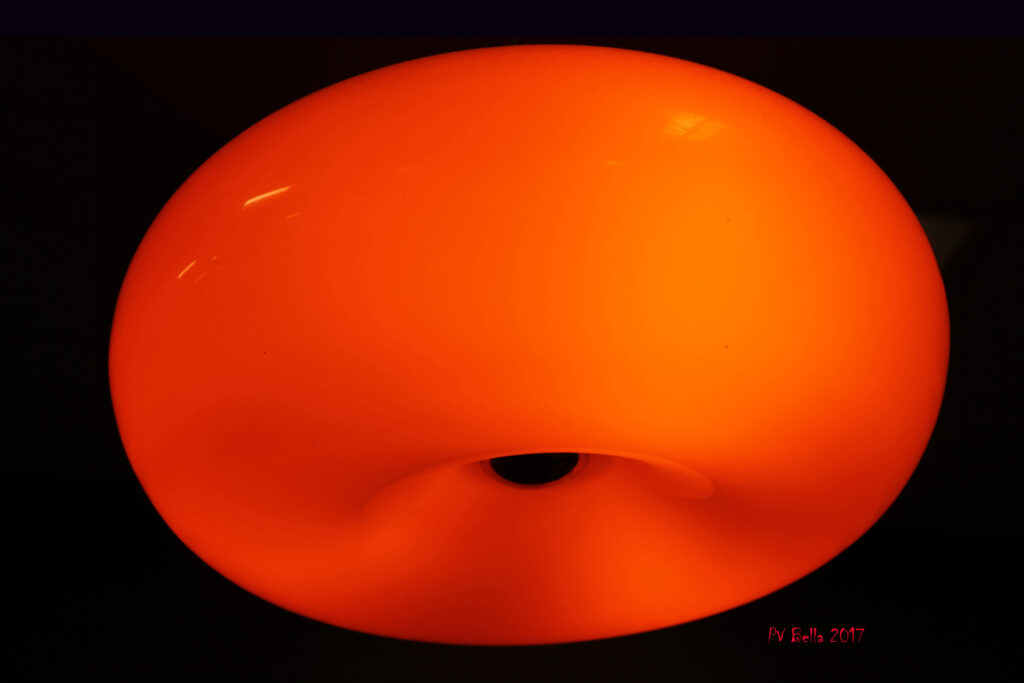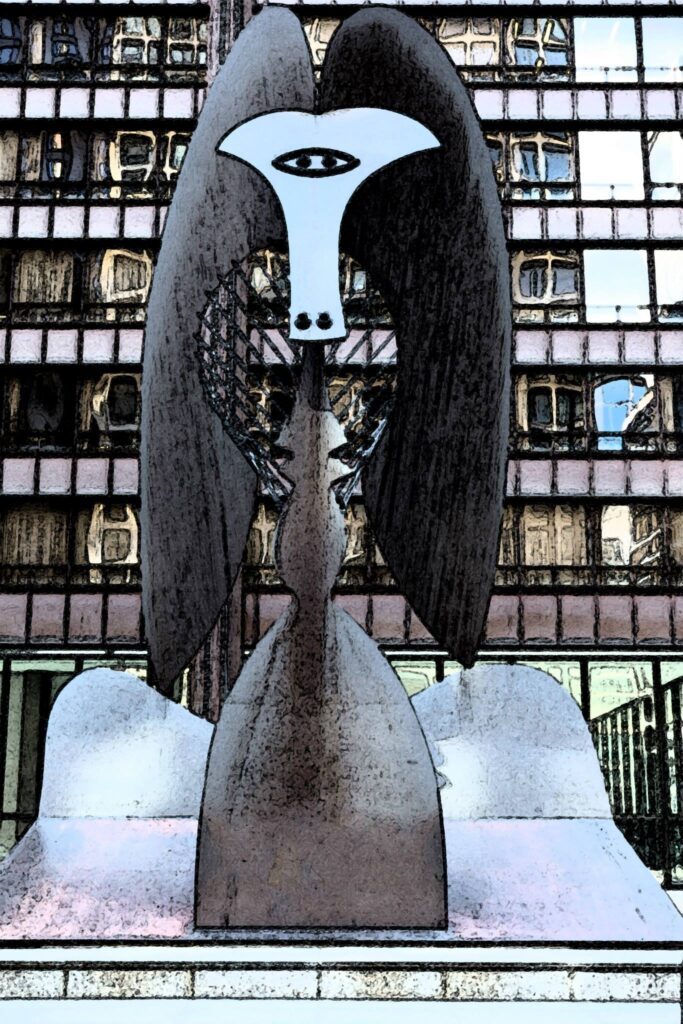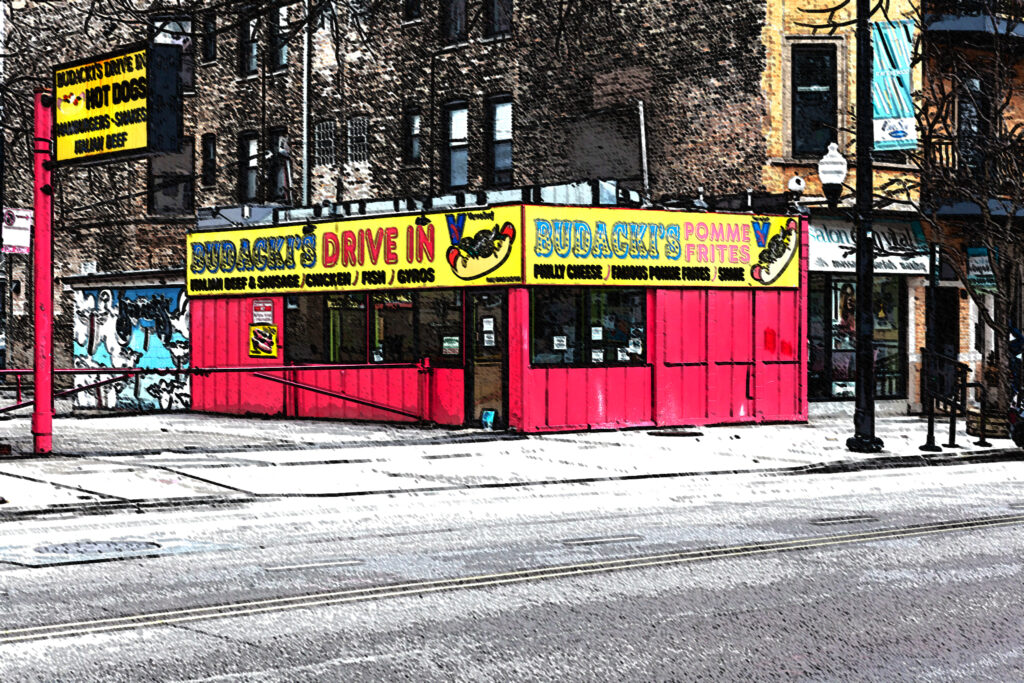
There is an eponymous magazine in Chicago. During its heyday, it provided
great articles and features about this city. Sometimes it did a deep dive into
politics and organized crime. It shone a light on the arts and entertainment.
The back of the magazine listed places to go and things to do in the Chicago
area.
That was then. The magazine is a mere shadow of its former greatness.
Most articles are written by kindergarteners with crayons or sidewalk chalk. When
they write anything about this city, I cringe.
Recently, they cited the supposed 10 best hot dog stands in the city. It is
apparent they did not visit these places because they were the usual suspects
that other publications list. Instead, they washed, rinsed, and repeated what
others have been writing about for years.
I would bet the farm they do not even know how many hotdog stands there are
in Chicago. There are too many to count. Some are legacy places being run by
the second, third, or fourth generation of the founders.
When these keyboard muppets try to cite the ten best, they do a disservice
to the rest of the hotdog stands. Like them, ignorant, foolish people read this
crap and rush to these “best” places because they are as stupid and lazy
as the writers.
The magazine’s criteria are pure unadulterated horse manure. “…unpretentious ambiance, natural-casing wieners… stellar non-dog offerings, and a location within city limits.”
These writers are less-ons (Lower than morons). Just about every hot dog stand has not only unpretentious ambiance, most have none. As for the weiners, they sell the same few brands.
Natural casing wieners? Do these dunderheads know what a natural casing is and what part of animals it comes from? Some hot dog producers used a natural casing that is not animal based due to cost. It has the same snap as animal casings.
What does “stellar nondog offerings” mean? The burgers and other sandwiches are good, not stellar. They are intended to fill the belly, not provide a gastronomic experience. If they are late-night or 24-hour joints, the non-dog offerings are used to take the edge off alcohol consumption.
Are these idiots galloping gourmets looking to slum? Within the city limits? If you are writing about the ten best of anything in Chicago, it must be within the damn city limits. Geez, these people make me want to tear my eyes out.
There are no best hotdog stands in Chicago. Most are the same, good. They sell Chicago-style, run-through the garden dogs or char dogs. Many just sell dogs, and Polish sausage. Others have burgers, Italian beef sandwiches, or gyros, and fries. When it comes to hot dogs, there is no difference except price. I should know. I ate at too many of these places over the decades from one end of this city to another.
What are the best hot dog stands in the city? The one(s) that you stop to grab a quick dog at any given time.
It there was such a thing as the best magazine in Chicago, this rag would never be in the running.
Now, if you are looking for late night entertainment value…
